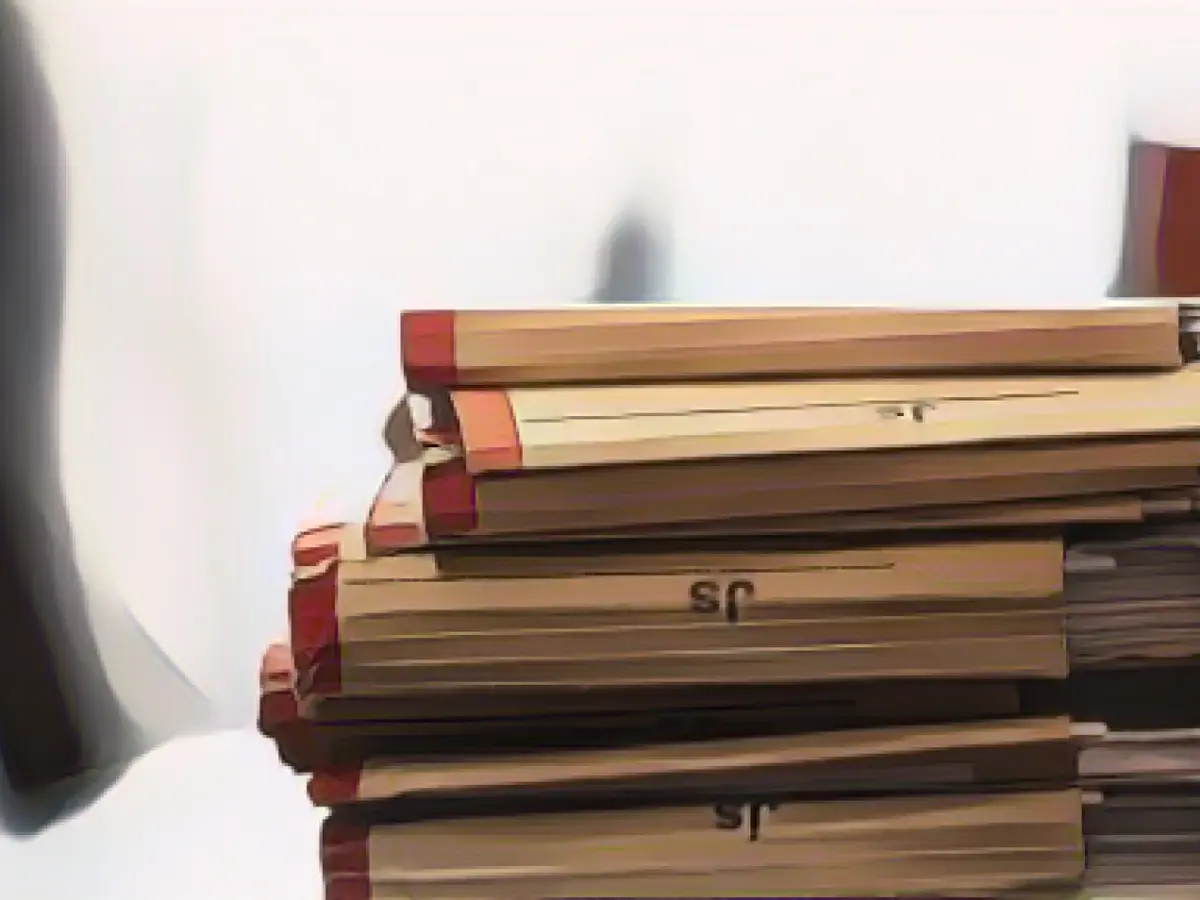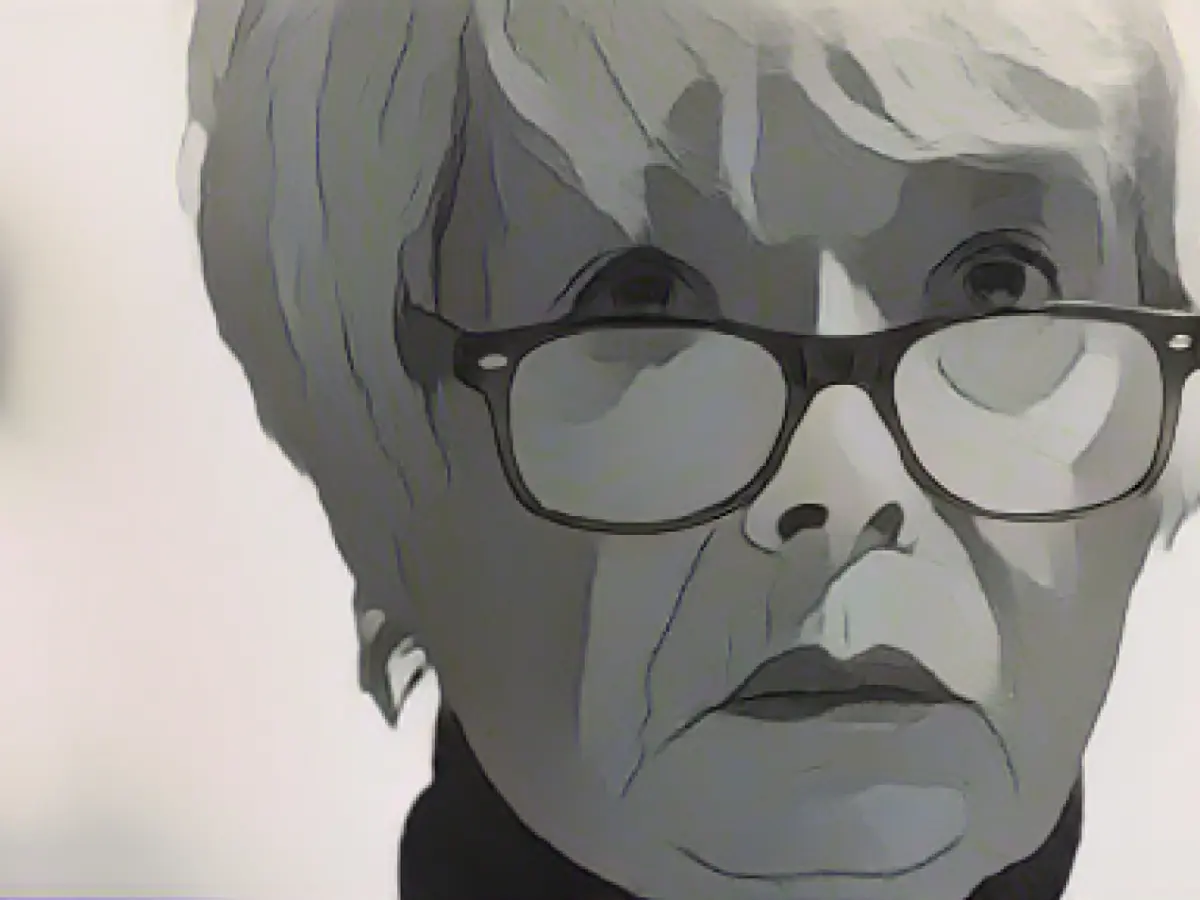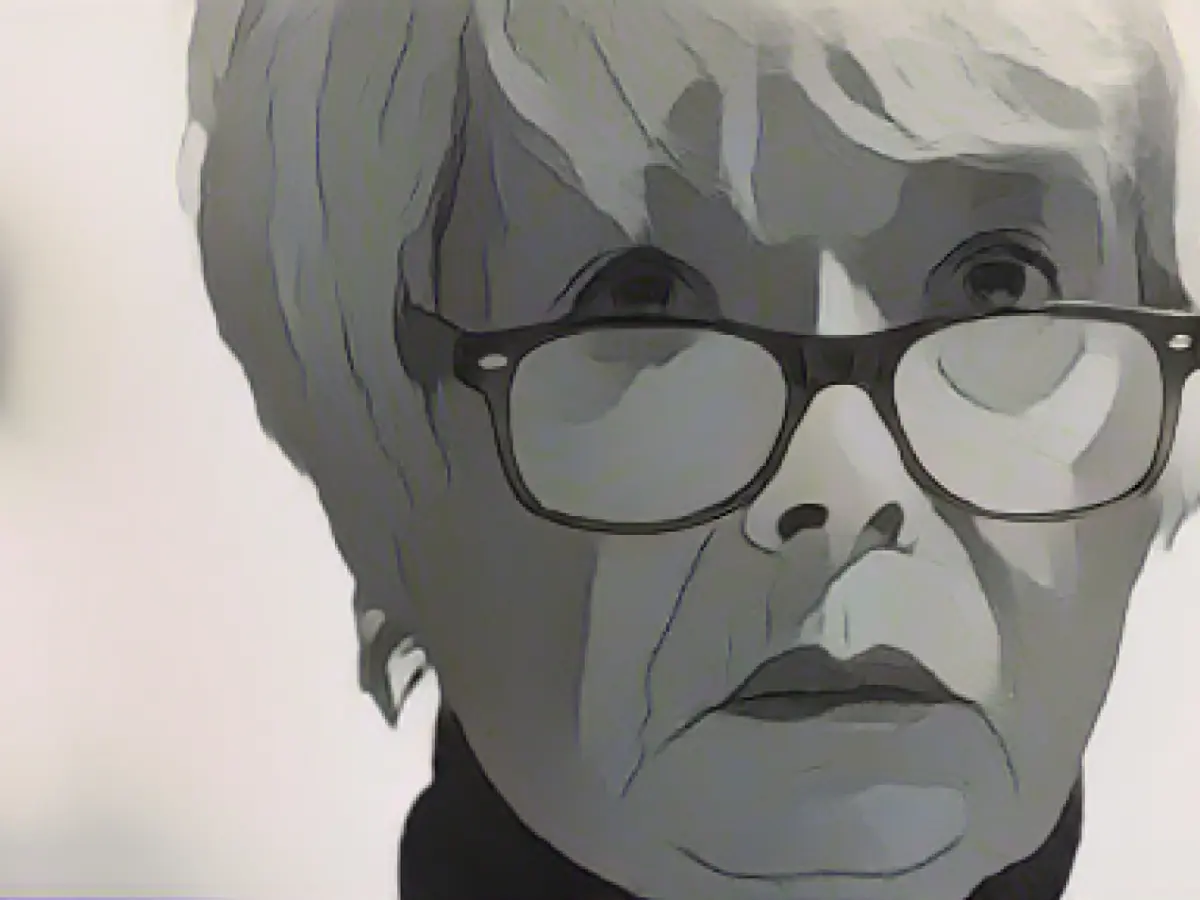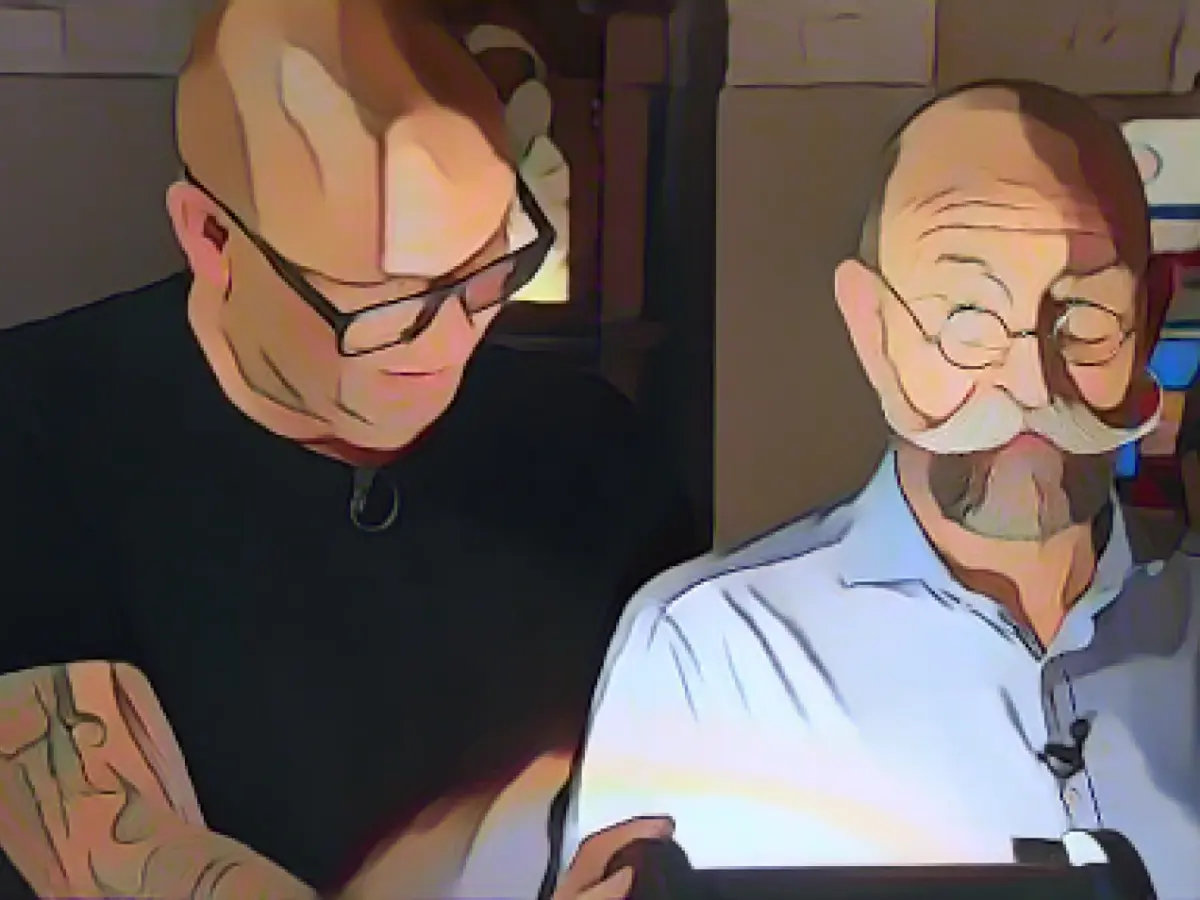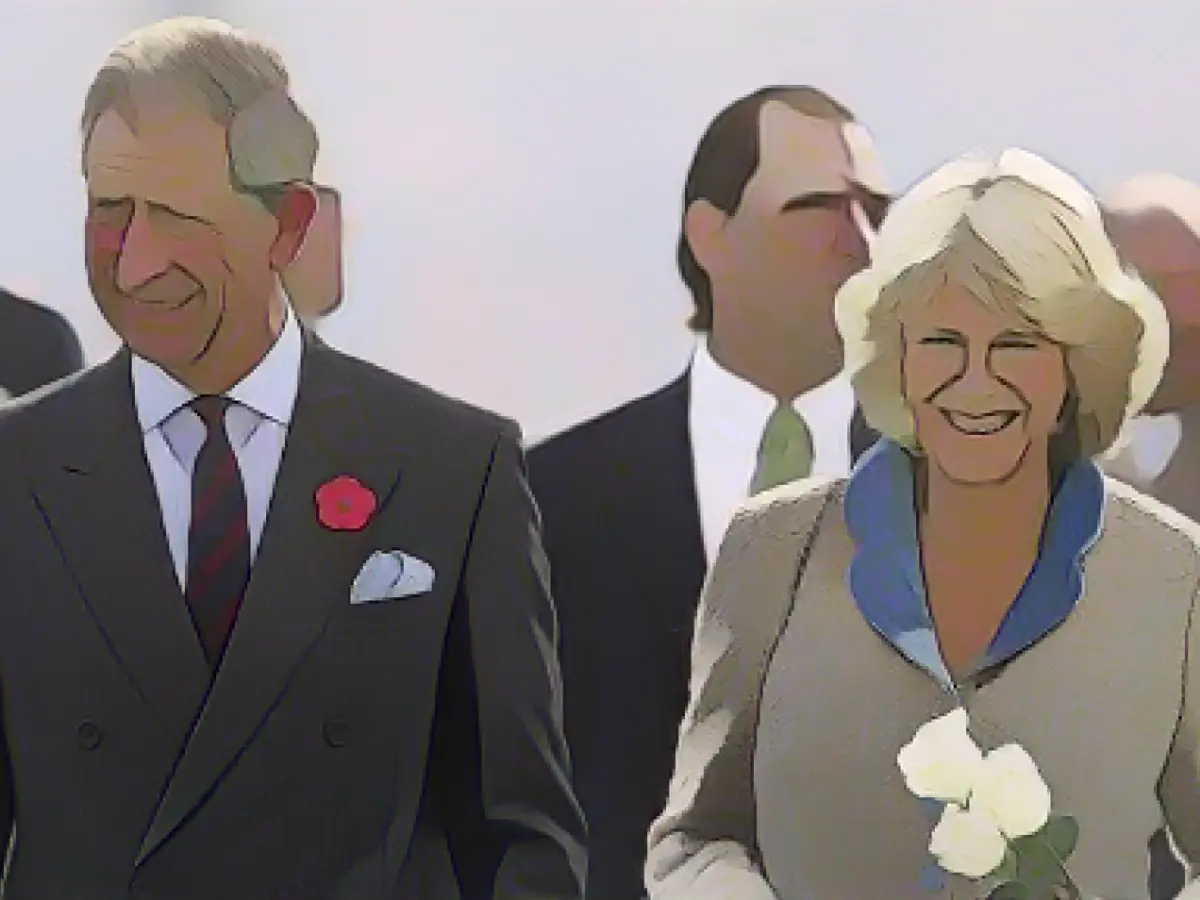Unveiling the Shocking Allegations Against the Late Priest
New revelations are surging about the improper conduct of the deceased priest Edmund Dillinger, who passed away in late 2022. The independent investigation commission in the Trier diocese declared that a second report they've released contains "alarming and incriminating facts." Dillinger's misdeeds spanned several decades, continents, and frequently utilized his charitable and ecclesiastical connections.
The magnitude of the misconduct was disheartening. The commission criticized the "widespread inaction" of the diocese in the case and the "failure to act," which left many feeling despondent and upset.
The priest hailed from Friedrichsthal in Saarland and is accused of sexually abusing young people starting from the 1970s. Following Dillinger's demise, his nephew, Steffen, discovered dozens of unframed slides with sometimes pornographic content in his relative's home and chose to reveal them in April.
In response to the growing controversy, the investigative commission entrusted the former Koblenz public prosecutor Jürgen Brauer and the former deputy head of the public prosecutor's office in Trier, Ingo Hromada, with examining the case in a separate project. Their work is expected to conclude in the first half of 2024, although it may take longer due to expected feedback from those affected.
According to the report presented last Wednesday, nine victims have come forward with allegations of sexual abuse. Some reported incidents occurred during a religious trip to Tunisia or in Dillinger's apartment in Hermeskeil.
The report highlights numerous photos of young men in sexual poses. In total, the Mainz public prosecutor's office analyzed approximately 4,400 slides or photos from Dillinger's estate. Ten images were categorized as criminally relevant youth pornography, while the status of another twelve images was unclear.
The report also states that all the young men photographed in explicit poses were victims of sexual abuse. The investigators could not reliably estimate their number. No photographs depict any sexual activities.
Regarding the ongoing investigation, Steffan Dillinger shared his thoughts, saying "This is the first time I've seen that the matter is being taken seriously. That was never apparent to me before, at any point. Now there's definitely some substance to it."
The investigators examined files from the Mainz, Saarbrücken, and Trier public prosecutor's offices and discovered two meticulously maintained calendars from 2013 and 2016, which also documented phone calls and meetings. In light of the available information, it was regrettable that the Saarbrücken public prosecutor's office ordered the destruction of these calendars.
The media recently drew attention to the case in July when the authorities seized burned material due to a lack of evidence regarding potential accomplices who were still alive. The authorities then opened an investigation into unknown parties on sexual abuse charges. However, no specific offense or perpetrator has been distinguished as yet.
The spokesperson for the public prosecutor's office noted that the investigation is still ongoing and involves multiple directions. Extensive documents have been analyzed, and witnesses have been heard. Dillinger passed away at the age of 87.
The Trier public prosecutor's office had earlier investigated Dillinger in 2012 on sexual abuse charges, but the case was eventually dropped due to the statute of limitations. Since then, the diocese had banned Dillinger from interacting with children and young people and prohibited him from attending church services.
Brauer and Hromada urged additional victims to come forward and called upon people and institutions who had been contacted by victims to collaborate in their work. They pointed out that the investigation may remain fragmented if individual findings are not compiled.
According to the commission's chairman Gerhard Robbers, access to files from other dioceses is challenging, and he emphasized the need for cooperation with non-diocesan authorities to further clarify the situation. He appealed to the diocesan authorities to request such help vigorously.
